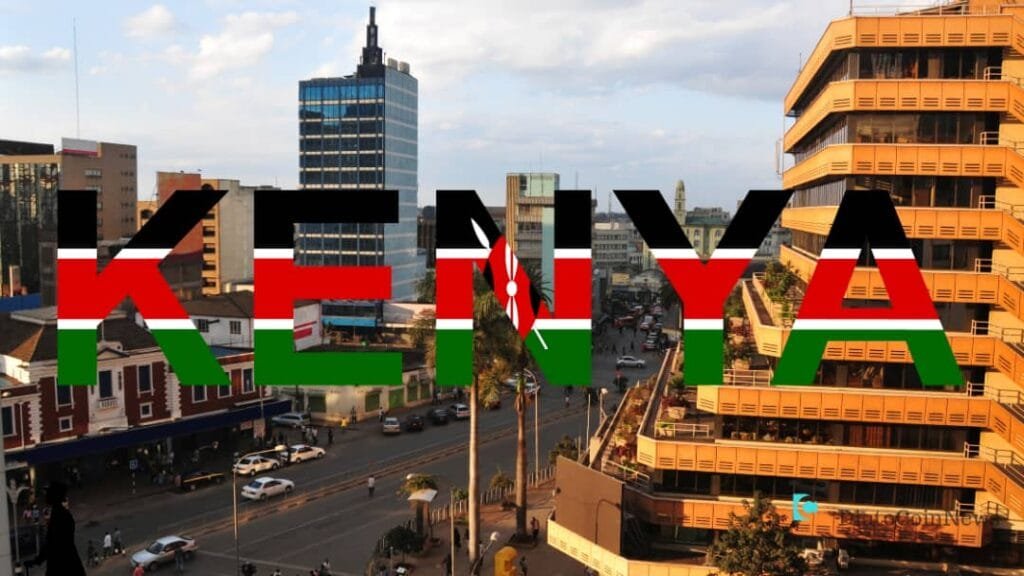South African regulators are seeking to exercise more control over cryptocurrency trading, coming after the collapse of what was asserted to be the largest Ponzi scheme the country has ever seen.
The authority is making recommendations to formally oversee the trading of cryptocurrencies like Bitcoin (BTC).
The South African Government has not been serious with cryptocurrency regulation for years, they are now being forced to develop definite laws due to the rising profile of Scams related to BTC and other cryptocurrencies within the Country.
Popular Bitcoin (BTC) trading firm Mirror Trading International was placed in temporary liquidation in December, as investors tried and failed to withdraw their funds. The firm claimed to have attracted over 260,000 memberships worldwide, handling a reported 23,000 Bitcoin which is worth the $716 million currently.
However, a further investigation by the Financial Sector Conduct Authority has revealed that the firm, Since its inception has kept no accounting records, nor any kind of user database which is very important to Navigate the payment process of the Company.
The company’s management and Staff claimed to have been misled by CEO Johann Steynberg, who according to reports have fled to Brazil.
Read Also: Latest Report Shows a Decrease in the Rate of Blockchain Attacks in 2020
Lawyers for the firm’s management stressed that the FSCA(Financial sector conduct Authority) had not yet confirmed that MTI was operating as a Ponzi scheme, only that it had been trading without a license and had not met the agreement to return 10% profit per month for every user.
The FCA’s ( Financial sector Conduct Authority) head of enforcement, Brandon Topham, told Bloomberg that the Role of the prosecuting authorities was to be able to stop such schemes before they Began Operations in the country.
He further went on to say “At the point, something or an organization becomes a Ponzi scheme, we have lost our jurisdiction and right to carry out legal actions against them. We need the police and the prosecuting authority to work fast and put the perpetrators to jail.”
“I have been on radio shows where people say, ‘I am a professional Ponzi investor. You get in quick and get out and like with any business you have to risk money to make money.’ We need to make an example of MTI so that people understand that investing in a Ponzi is never a good idea”
Topham said struggling to get in early on Ponzi schemes had become a fairly civil practice in South Africa.
It’s going to take a serious inquiry to ascertain how much was involved,” Topham told Bloomberg, adding that two other businesses were under scrutiny for possible bonds to MTI. Liquidators have thus far declined to trace all of the company’s assets, and are expected to be granted an expanded final liquidation order on March 1, assuming legal proceedings continue unopposed.”
In July the Texas State Securities Board shut down MTI systems taking place in its jurisdiction, after deducing that the project was a multi-level marketing scheme. South Africa’s regulators were already cautious of MTI’s assertions that it would return 10% profit per month for every user.
According to Coinbase CEO, Brian Armstrong who pointed out In December 2020, that the United States Treasury Department was proposing laws that could see exchanges require a name and physical address employed for Companies involved in any crypto transaction transcending $3,000 in value within the country.
Discover more from DiutoCoinNews
Subscribe to get the latest posts sent to your email.











